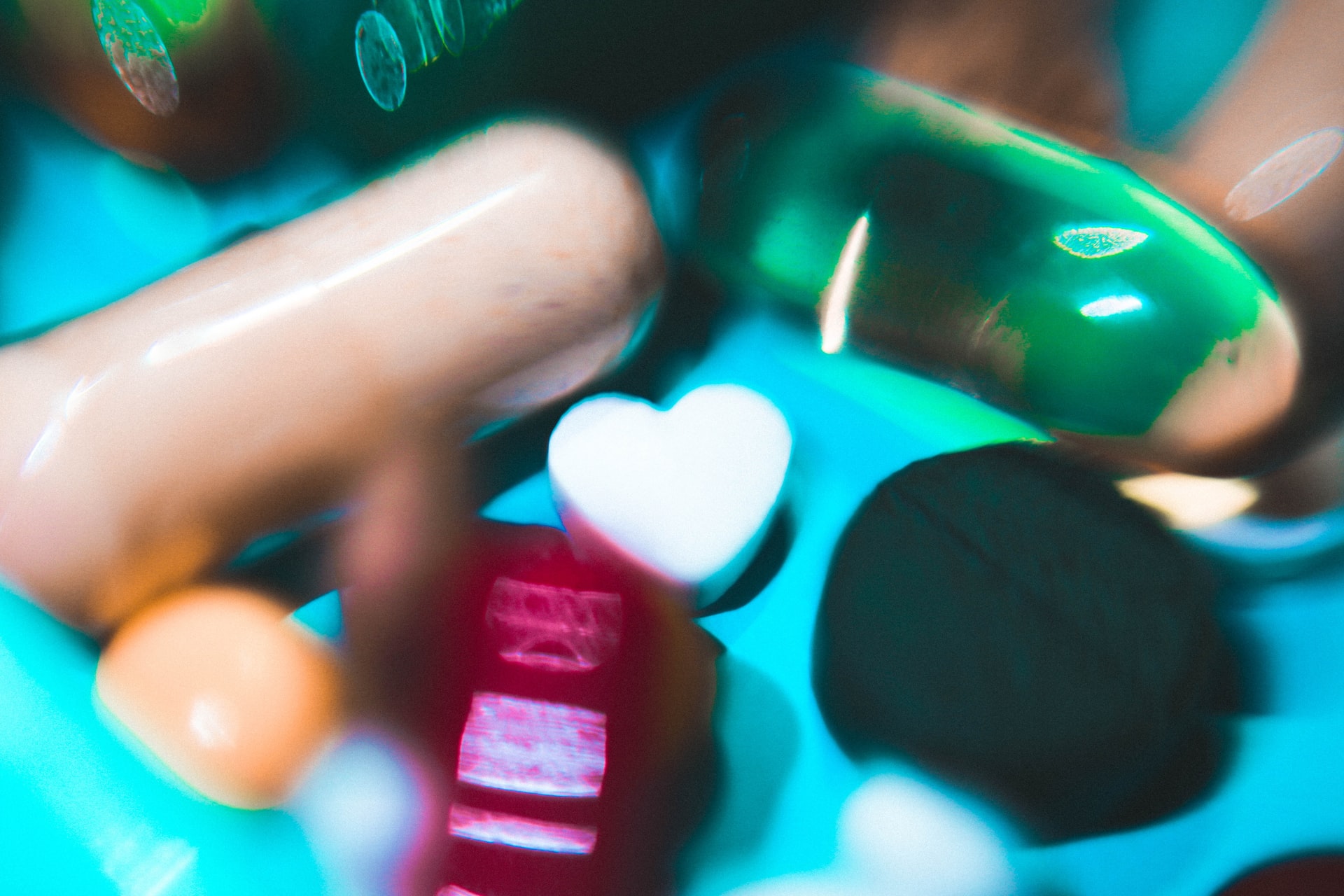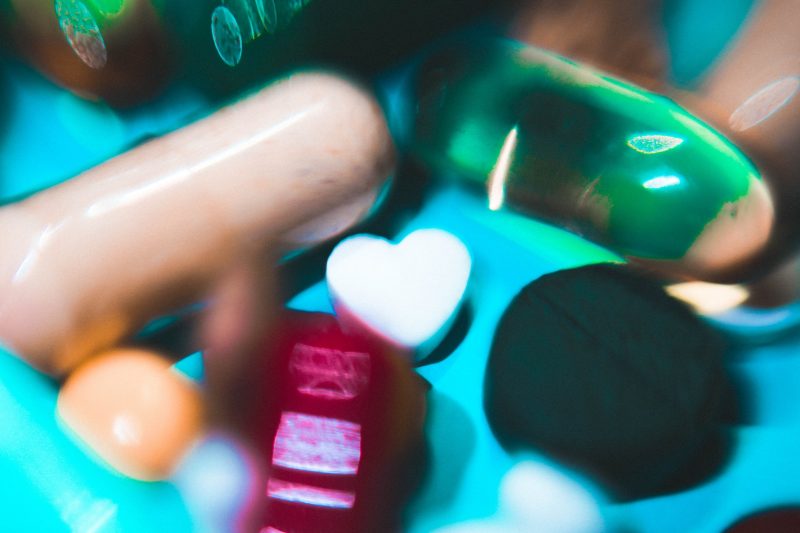
Love’s a mystery, but when you’re in love, a lot more is going on than just the flow of souls. There’s also a flow of chemicals surging around your nervous system and brain. Watch this video with Georgetown University professor Abigail Marsh to find out more.
In matters of love, what do humans and prairie voles have in common? Prairie voles — along with humans, believe it or not — are the mammalian kingdom’s leading monogamists. Like humans, these little rodents have lots of receptors in their brains for the feel-good chemical oxytocin. When you’re around your sweetie, your brain is lit up with nature’s own love potions. But when you’re separated, stress comes along and messes up your hormones, exactly the same as for addicts who can’t get a fix.
Prairie voles mate for life. Their cousins the montane voles only get together for as long as it takes to make a new generation. But Papa Prairie Vole sticks around and helps raise the babies. And that’s the point. The more love, the closer the pair bond, and the better the outcome for prairie vole offspring.
So, yes, love is addicting. But for a good cause.

Love really is a drug, made of hormones from your own body. Image via Nastya Dulhiier from Unsplash.
Bottom line: Watch this video to understand more about the chemistry of love.
Source:
https://earthsky.org/human-world/video-the-chemistry-of-love